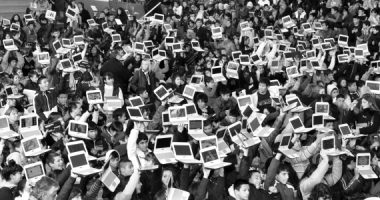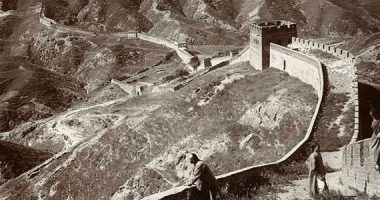Education
Tips for Teaching Online Privacy
Liliana Arroyo
Accompaniment, using the internet as a family, and dialogue are necessary strategies to teach children how to manage their online identity.
Culture
Analysing Virtual Audiences (II). Connecting and Deepening the Relationship
Clara Bofill
This is a reflection on the implementation of digital practices centred around the audience and their needs, by an analysis and a study of the audience.
Technology
The Internet in Latin America
Alan Lazalde
Latin Americans make up 10% of the world's internet users. What do they use the internet for?
Culture
When he woke up, the web was still there
Edgar Riu
To devise or transform a new website you have to be able to adapt to the constant changes that Internet is undergoing.
Education
About teens, Internet and Privacy: The Challenges of Identity in the Digital Era
Liliana Arroyo
Why privacy is an important issue for young people who experiment with Internet and social media.
Storytelling
Border Connections in Electronic Literature
Carles Sora
Literature and computer science would seem to be remote, but they convergence have radically changed the way we read and write stories.
Technology
The Other Net Behind the Great Wall (II)
Sandra Álvaro
Chinanet is an autonomous internet, separated from the rest of the word and characterised by a different usage that is more about performance than participation.
Technology
The Other Net Behind the Great Wall (I)
Sandra Álvaro
China’s cultural heritage, along with the strong control mechanisms that accompany the process of opening up have led to the development of Chinanet.
Commons
New Political Communities
Jorge Carrión
Not democrat, not republican, not socialist, not capitalist, anarchist or ultraliberal. As I said: new.
Technology
Web 2.0 Ten Years On
Juan Insua
A decade later, we can confirm the far-reaching nature of the radical changes provoked by this phenomenon, which has two sides that merit reflection.
Culture
#Museumnext 2014: Be brave, take risks
Clara Bofill
After a decade of museums 2.0, the time has come to become truly digital. But it is also time to find a balance between technophobia and technophilia.











